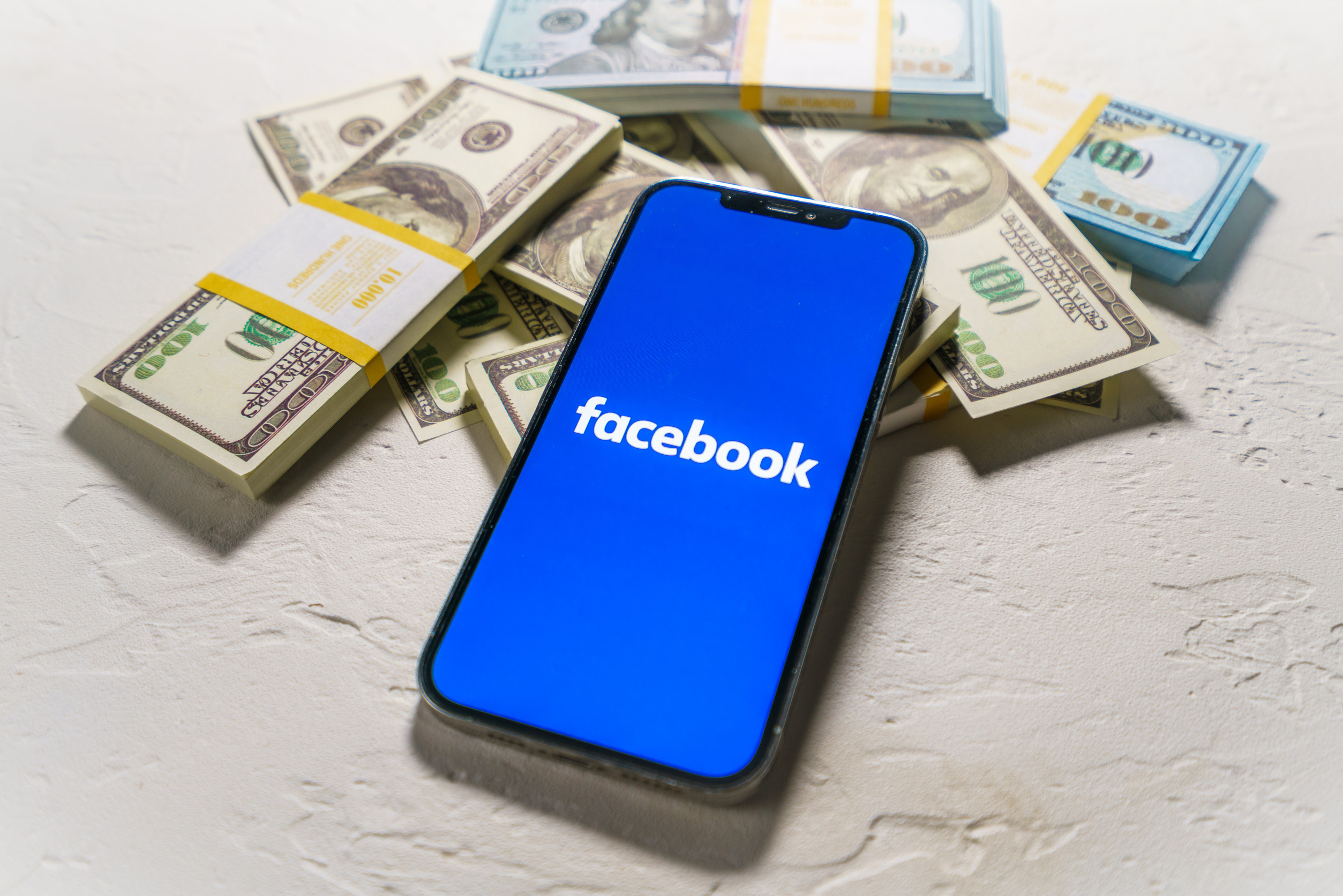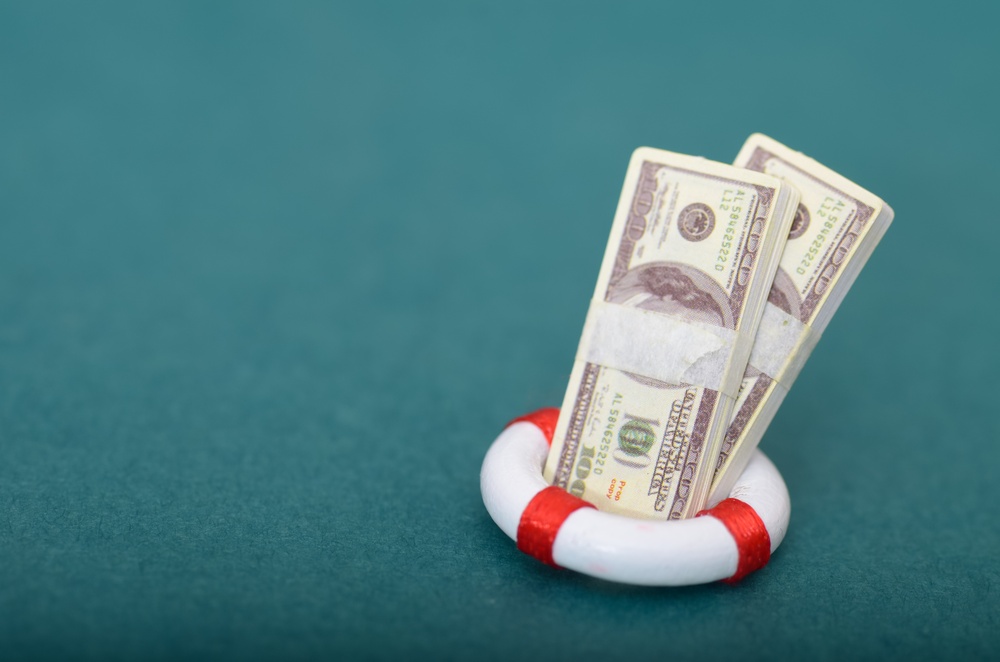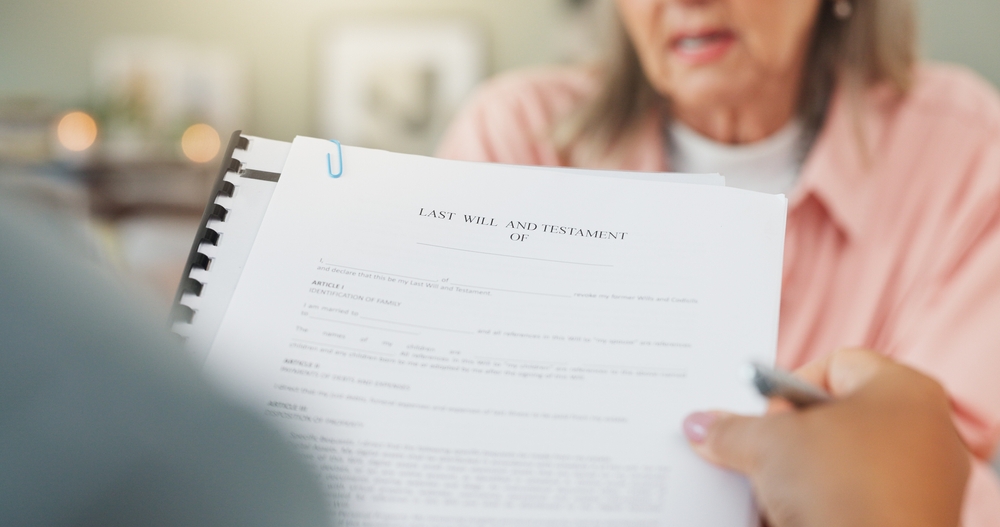If you used Facebook anytime between 2007 and 2022, there’s good news: the long-promised privacy settlement payments are finally being sent out. You might have seen headlines about the deal years ago—but delays, appeals, and legal delays kept things in limbo. Now, after court approvals and the completion of litigation, millions of claimants are being notified and paid. Knowing if you’re eligible, how much you might receive, and when are all crucial so you don’t miss out. Let’s break down the details so you’re not surprised by your inbox—or lack thereof.
Who’s Eligible for the Settlement
To qualify, you needed to have had a U.S. Facebook account at any point between May 24, 2007, and December 22, 2022. The deadline for submitting a claim was August 25, 2023, so if you didn’t file by then, you likely missed your chance. Around 28 million users submitted valid claims, making this one of the largest privacy class-action payouts in U.S. history. Even deleted accounts during that timeframe may qualify if a claim was submitted.
How Much Money Can You Expect
Don’t expect a life-changing check—for most people, it’s a modest amount. The settlement fund is $725 million, but after legal fees, administrative costs, and dividing it among millions of claimants, the available amount per person is relatively small. The average payment is around $29.43, while the highest payouts reach approximately $38.36 for users who had accounts during the entire eligible period. Less active or shorter-term account holders will receive lower amounts. The precise sum you get depends on how long your account was active during the eligible window.
When Payments Are Being Sent
Payments started rolling out in early September 2025 and will continue over about 10 weeks in batches. If your claim was approved, you should receive an email from “Facebook User Privacy Settlement Administrator” ahead of your payment—typically 3-4 days in advance. The payment methods include PayPal, Venmo, Zelle, direct deposit, prepaid Mastercard, or paper check, depending on which option you selected when you filed the claim. If you haven’t gotten a notice yet, keep an eye on your spam folder and any addresses you registered with Facebook.
What’s Behind the Settlement
This payment isn’t admitting wrongdoing by Facebook (now Meta), but rather settling claims that it mishandled user data. The lawsuits centered on allegations that Facebook improperly shared personal data with third-party advertisers and failed to control access, especially in relation to the Cambridge Analytica scandal. Meta agreed to this settlement in part to avoid the costs and risks of protracted litigation. The legal folks negotiated a large pool, including what users lost or what they estimated as privacy harm. If nothing else, it’s recognition of the widespread concern around how Facebook handled user data during that time.
Things You Need to Do (or Check)
First, check your email for one titled something like “Facebook User Privacy Settlement Administrator”—that’s how approved claimants are receiving notices. Make sure your preferred method of receiving payment (like PayPal, Venmo, direct deposit, or check) is up to date. The claim deadline has passed, so if you didn’t file a claim by August 2023, you’re likely not eligible. Also, verify the period you used Facebook—months active during the eligible window directly impact how much you get. Keep in mind that the payout is proportional to your time on Facebook, not a flat rate for everyone.
What This Settlement Means for Consumers
This isn’t a huge windfall for most people, but it matters. It acknowledges that millions were affected by privacy failures, and it shows that class-action lawsuits can lead to real compensation. For those eligible, it’s a reminder to pay attention to long-term online data practices and not assume that big tech will always safeguard your information. Even small amounts add up in showing accountability. And this settlement may push companies to be more transparent in future about how they store, share, and protect user data.
You May Also Like
Why Are Some Seniors Deleting Facebook Without Telling Anyone?
5 Social Media Mistakes That Put Seniors at Legal Risk
8 Facebook Marketplace Scams That Are Getting Way Too Clever
10 Times Social Media Posts Sparked Family Legal Battles
4 Frugal Facebook Groups That Can Help You Save Money























